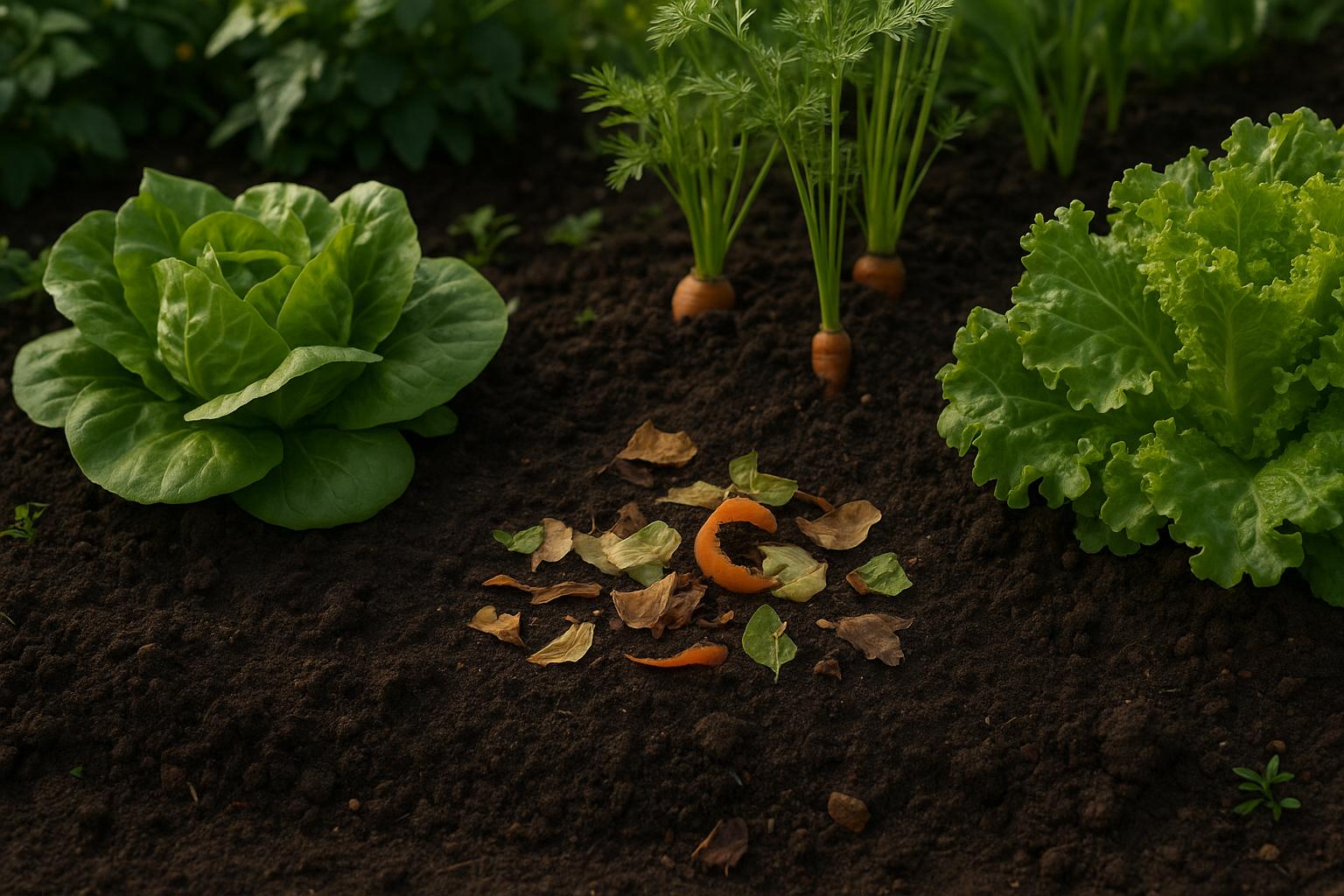Introduction
Creating rich, organic garden soil is the foundation for a thriving garden. Healthy soil improves plant growth, increases nutrient retention, and supports beneficial microorganisms. Whether you’re growing vegetables, flowers, or herbs, understanding how to make organic garden soil can transform your gardening success. This article explores proven methods, key ingredients, and expert tips to help you develop nutrient-rich, sustainable soil that nurtures your plants naturally.
Why Is Organic Garden Soil Important?
Organic garden soil is vital because it:
- Enhances soil fertility by adding natural nutrients
- Improves soil structure and moisture retention
- Supports beneficial microbes and earthworms that promote plant health
- Reduces reliance on chemical fertilizers, making gardening safer and eco-friendly
By focusing on organic matter, gardeners create a balanced ecosystem underground, which directly benefits above-ground plant growth.
What Are the Key Ingredients for Organic Garden Soil?
To make high-quality organic soil, you need to combine several components:
1. Compost
Compost is decomposed organic material rich in nutrients. It feeds plants and helps retain moisture. You can make your own compost from kitchen scraps, yard waste, and coffee grounds.
2. Organic Matter
Adding materials like leaf mold, straw, or aged manure increases the organic content and improves soil texture.
3. Soil Amendments
Natural amendments such as:
- Worm castings for microbial life
- Bone meal for phosphorus
- Kelp meal for trace minerals
4. Base Soil
Start with good-quality garden soil or loam as a base to mix all organic inputs.
Step-by-Step Guide to Making Organic Garden Soil
Follow these expert steps to create your own organic soil blend:
- Gather materials: Collect compost, organic matter, and amendments.
- Prepare base soil: Loosen existing garden soil or use purchased loam.
- Mix thoroughly: Combine 40% compost, 40% base soil, and 20% organic matter and amendments.
- Moisten the mix: Add water until the soil feels damp but not soggy.
- Let it rest: Allow the mixture to sit for 2-4 weeks to encourage microbial activity.
This process ensures your soil is nutrient-rich and ready for planting.
Tips to Maintain and Improve Organic Soil Quality
- Rotate crops annually to prevent nutrient depletion
- Use cover crops like clover or legumes to fix nitrogen
- Avoid synthetic chemicals that harm soil life
- Regularly add compost to replenish nutrients
- Mulch your garden beds to conserve moisture and reduce erosion
Expert Insights and Real-World Results
According to soil scientist Dr. Lisa Johnson, “Healthy soil is the cornerstone of sustainable gardening. Organic matter boosts microbial diversity, which in turn enhances plant resilience.” Studies show that organic garden soils can increase crop yields by up to 20% compared to chemically treated soils, emphasizing the practical benefits.
Farmers and home gardeners alike report stronger plants, better flavor, and reduced pest problems when using organic soil techniques.
Conclusion
Making organic garden soil is a rewarding investment in your garden’s health and sustainability. By incorporating compost, organic matter, and natural amendments, you create fertile soil that nurtures plants naturally and supports a vibrant ecosystem. Regular maintenance and mindful gardening practices will keep your soil productive for years to come.
Start building your organic garden soil today and experience the difference in plant vitality and garden success!
